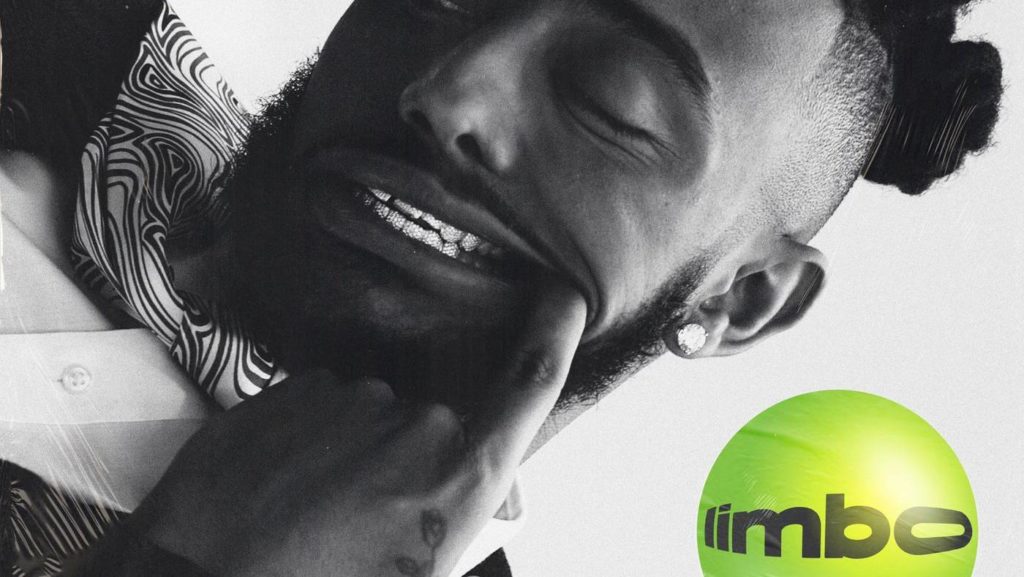

The Rip City rapper also touches frequently on the racial tensions and gentrification he witnessed growing up in Portland, the home of hypocritical liberalism. The death of the Lakers star shook America to its core, in particular the Black community, including Amin é, who said that he “was like a second dad I saw on TV” who “affected every kind of young Black man in America who had played sports.” Seeing his idol, who had inspired him to pick up a basketball and give his all to everything he did, die so unexpectedly was crushing it stole Amin é’s childhood innocence and propelled him into the “ cold cold world that we live in ,” as he raps on Shimmy. Touched on in the beginning of the album is the death of NBA legend and hall of famer Kobe Bryant, whose passing is mused upon by Amin é’s close friend Jak Knight on the interlude Kobe. Outside of the production, Amin é tackles a wide swath of topics within his lyrical offerings. What better way to represent the uncertainty of that time than by diversifying the sounds and sensations associated with each song? From Parker Corey’s industrial backings in Fetus to the rehashing of Ol’ Dirty Bastard’s Shimmy Shimmy Ya on Shimmy, Amin é brings unique character to the production of each track to embody the turbulence that can define one’s mid-twenties. The inconsistent stylings throughout Limbo play right into its concept: life isn’t one mood fits all, especially when you’re in your mid-twenties trying to figure out what the fuck life is. Limbo takes the successes from both of these albums and expands upon them, creating a consistently candid atmosphere littered with different flavors and brutally honest bars. On the flip side is ONEPOINTFIVE, the between-LPs mixtape released in 2018, whose trap-heavy tracks blew out speakers and provided some of Amin é’s most ambrosial hooks and melodies to date, but at times lacked a genuine feel in favor of playing to the mainstream sound of the time. His 2017 debut album Good For You, while introspective at times with songs like Money and Turf, gives the overall feeling of a free-flowing and carefree summertime album to bump while sunbathing and pool partying. Limbo represents a shift in the way Amin é approaches his craft, as well as the emotions and vulnerabilities he expresses within his music.

The candid nature of that journey lays heavy within the album, giving it an aura of genuineness and relatability that touches just as deeply today as it did upon its release. Amin é was twenty-six at the time of the release, experiencing what he refers to in an interview with Oregon Public Broadcasting as a “quarter-life crisis” while trying to navigate adulthood. He covers this range of topics all while experimenting with different sounds and production to feel out where he fits sonically. He raps about the death of Kobe Bryant, the racial tension of his upbringing in Portland, Oregon, his determination to succeed, and the aches and pains of growing up and seeing those around you grow up. Limbo represents a crossroads in Amin é’s life: a state of uncertainty and experimentation he experiences while attempting to find his place in life and in music. One year after the release of his sophomore album Limbo, the Portland rapper’s adamant self-determinations - as well as his aptitude for blending flippant arrogance with visceral vulnerability -s till captivate and shine as some of his best work to date. slowthai and Vince Staples) is a statement of brash mockery and tenacious self-confidence so audacious that you can hear the whiskey bottle sloshing and black leather squeaking from that fateful MTV Video Music Awards night in 2009. In the middle of Aminé’s Pressure In My Palms (feat. I do yo ass the same way that Ye did Taylor”

“You Bisquick, scallywag, silly muthafuckas


 0 kommentar(er)
0 kommentar(er)
